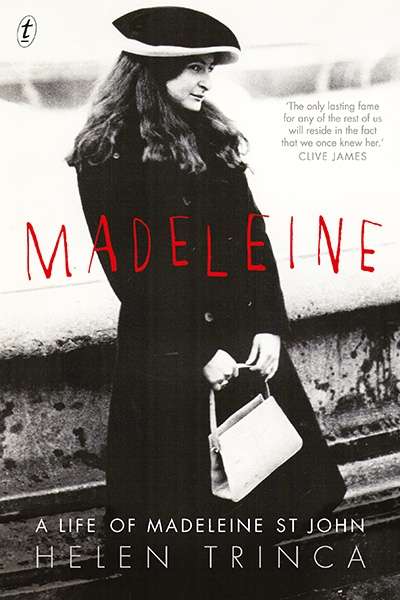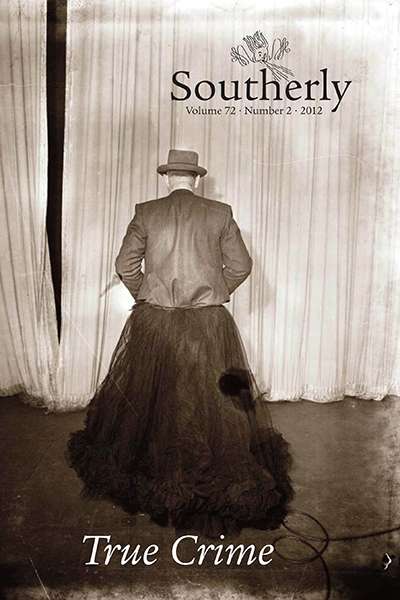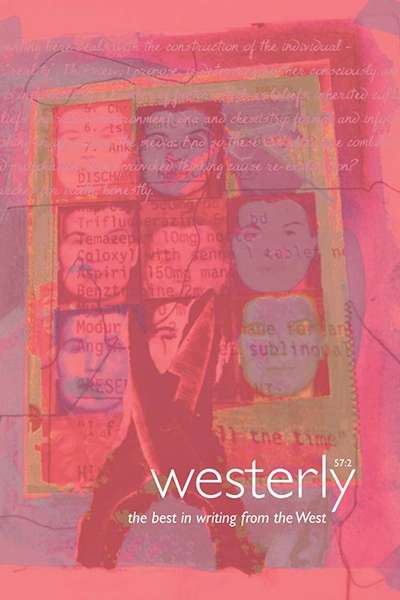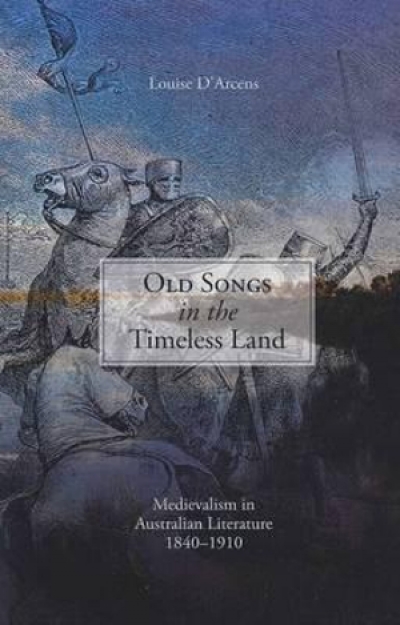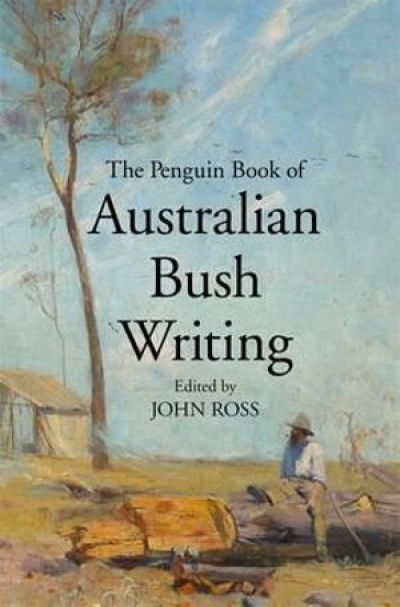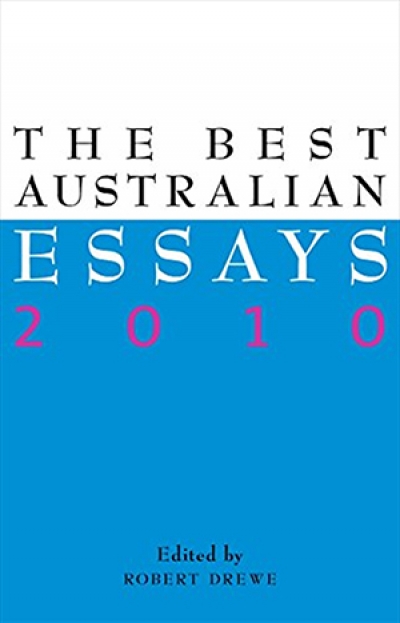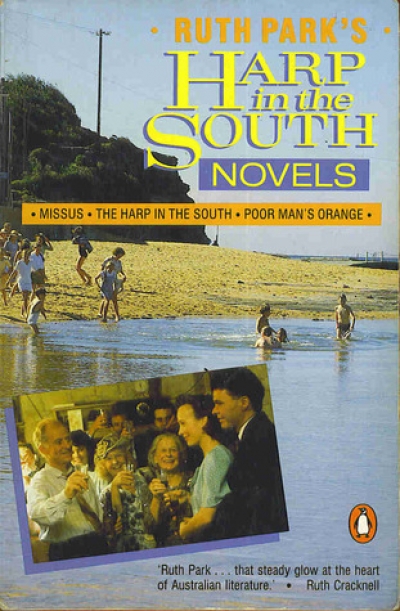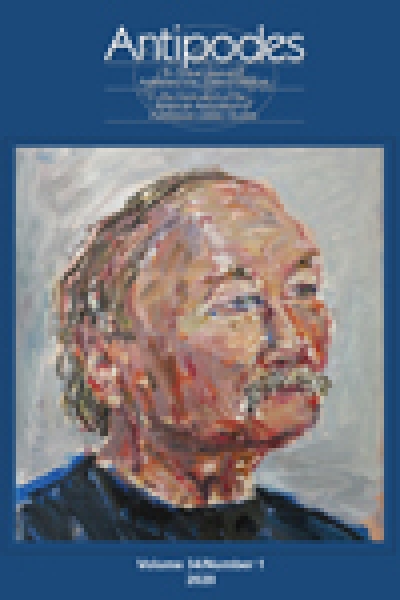Australian Literature
Westerly Vol. 57, No. 2 edited by Delys Bird and Tony Hughes-d’Aeth
Old Songs in the Timeless Land: Medievalism in Australian literature 1840–1910 by Louise D’Arcens
The Penguin Book of Australian Bush Writing edited by edited by John Ross
It’s not often that literature makes the front page of the Sydney Morning Herald, but on 3 November 2006 the lead story was a report by David Marr about the National Library of Australia’s purchase of a collection of Patrick White’s papers, previously thought destroyed. Other media, both in Australia and internationally, picked up the story. The T ...
The Best Australian Essays 2010 edited by Robert Drewe
The physiotherapist I saw for a pinched nerve in my back not long ago turned out to be an avid reader of fiction. She would work her way through the Booker shortlist each year. But she wouldn’t read Australian novels. As she pummelled my knotted flesh, I wondered if this was the right moment to admit that I was a person who wrote such things. She explained that, having moved to Australia from South Korea as a twelve-year-old, she had been made to write essays at school about a book called A Fortunate Life that she found as painful as I was finding her pressure on my spine.
... (read more)The reissue in one volume of three of Ruth Park’s much-loved novels The Harp in the South (1948), its sequel Poor Man’s Orange (1949), and the prequel Missus (1985) is welcome. The trilogy completes the family saga, taking the Darcy family from its emigrant beginnings in the dusty little outback towns where Hughie and Margaret meet and marry, to their life in the urban jungle of Surry Hills, then for-ward to the 1950s when the next generation prepares to leave the slums for the imagined freedom of the bush. These are Australian classics, but classics of the vernacular, of the ordinary people. They should never be allowed to disappear from public consciousness.
... (read more)
